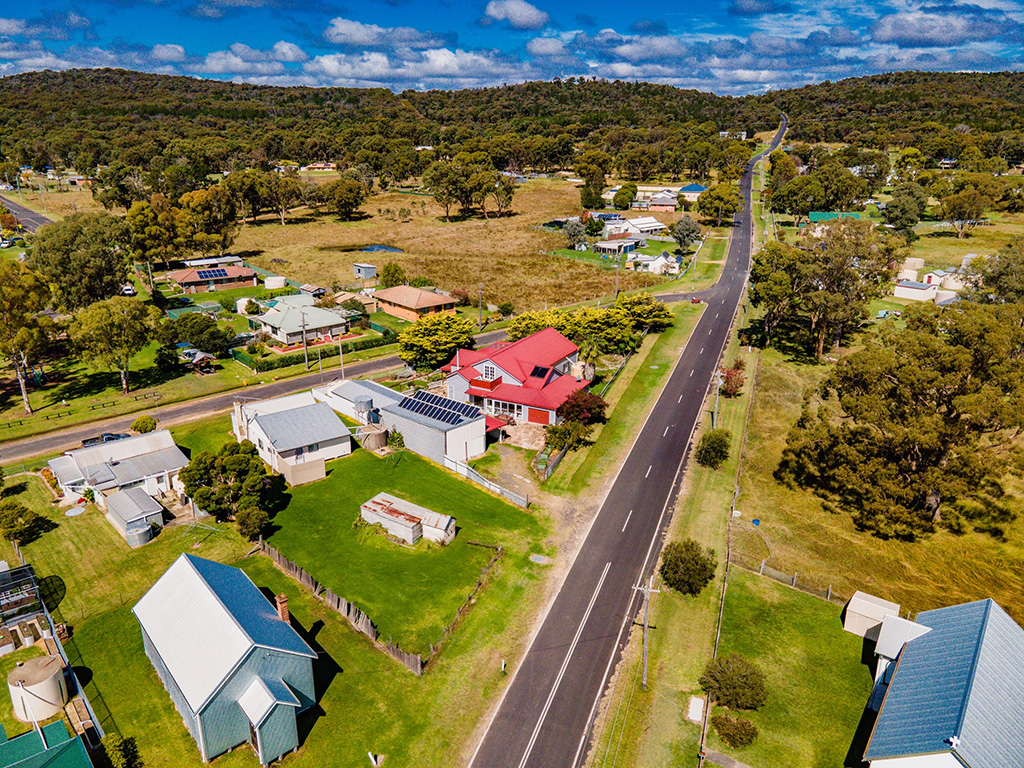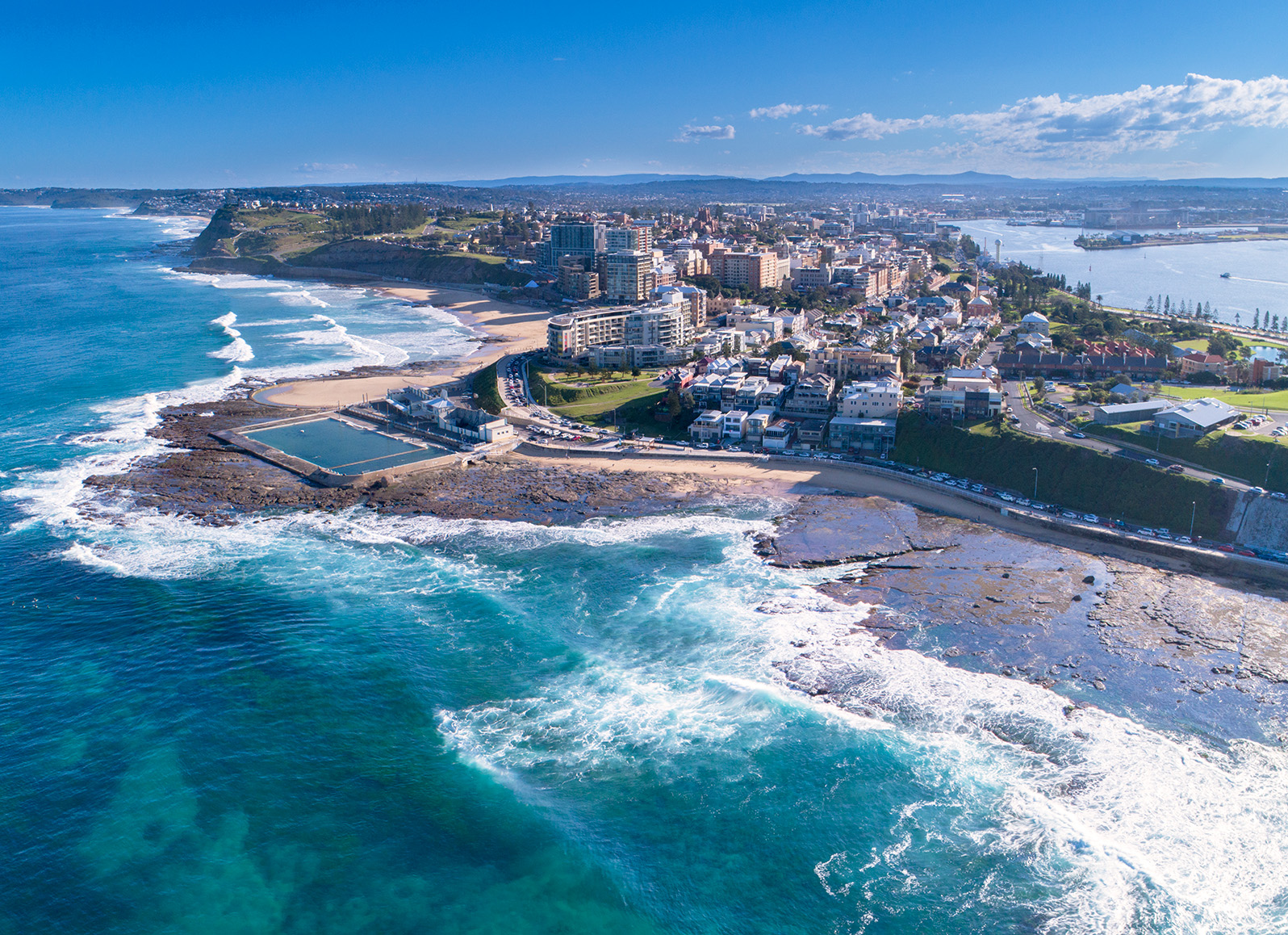Groundbreaking Research Unveils Promising Developments for Hunter Region Renewal
New research has revealed that the majority of Hunter residents support the need for the region to transition to new sources of employment, a finding buffeted by the strong showings for the region in key social areas such as resilience and community.
Released today, The Hunter Matters is the latest research paper from the University of Newcastle’s Institute for Regional Futures, in partnership with Newcastle Greater Mutual Group (NGM Group).
Analysing and summarising the responses to a range of key issues, the paper found that 69% of Upper Hunter residents agree that ‘my area will need to transition to new industries/sources of employment’, compared with 58% in the Lower Hunter, in both cases higher than the average for regional areas across the country.
The survey also found that residents of the Hunter have a strong sense of purpose, with 61% of Upper Hunter respondents strongly agreeing that the things they do in their life are worthwhile, almost double that of Metro areas.

Institute Executive Director, Professor Roberta Ryan said that on the whole, the research found that there are standout levels of resilience and social capital in the Upper Hunter which gives communities advantage during times of socio-economic transition.
“Understanding how community spirit can be encouraged and maintained through future changes provides an additional avenue for civic and policy action,” Professor Ryan said.
“Community spirit is a significant asset for communities dealing with change, if somewhat less tangible than physical infrastructure, skills and local business expertise.
“There are opportunities to test the link between social capital and community resilience and identify practical ways to support community activities that build on existing organisations and initiatives.”
NGM Group CEO Bernadette Inglis said that the research provides a vital temperature check of the region – and one that goes beyond standard metrics.
“Far from just gathering economic data, The Hunter Matters delves into the intangibles that build and reflect real community, asking the people of the Hunter about our sense of purpose, our pride of place, and those simple yet quintessential questions of how healthy and happy we are,” Ms Inglis said.
“It also shows the need for a more holistic understanding when it comes to policies that support the Hunter – responses need to consider specific local needs and values rather than take a one-size-fits-all approach.”
The findings are derived from the Institute for Regional Futures’ Regions Matter survey of 3,200 people. Regions Matter is designed to understand why almost 1 in 3 Australians choose to live and work outside a capital city.
Around 800 Hunter residents were surveyed, with local views compared to those in other regional areas and metropolitan areas and the findings splitting the Hunter into two regions: the Upper Hunter and the Lower Hunter.
The first research paper in a series analysing the Regions Matter survey, future papers will focus on the views of young people in regional Australia, and explore data related to other regions undergoing economic transition.


